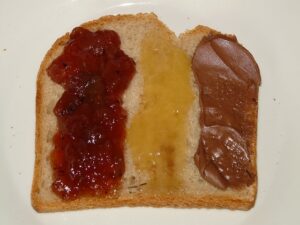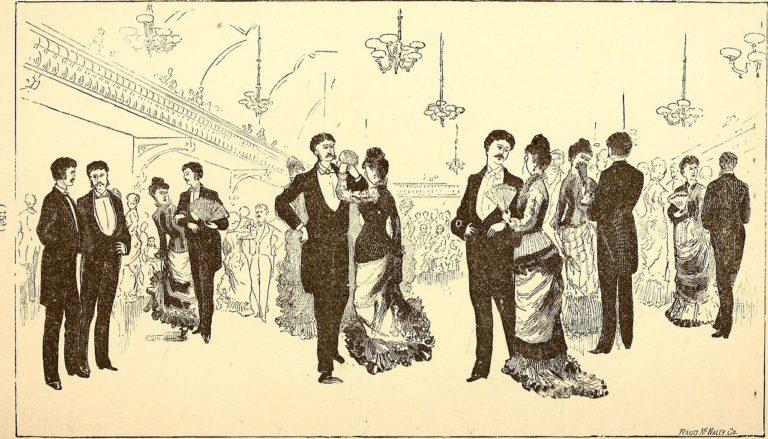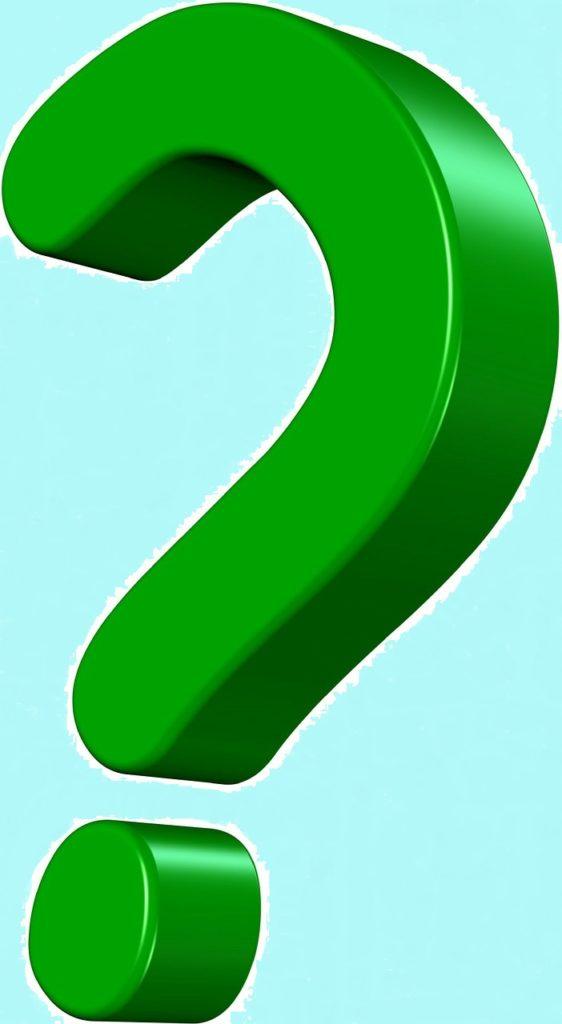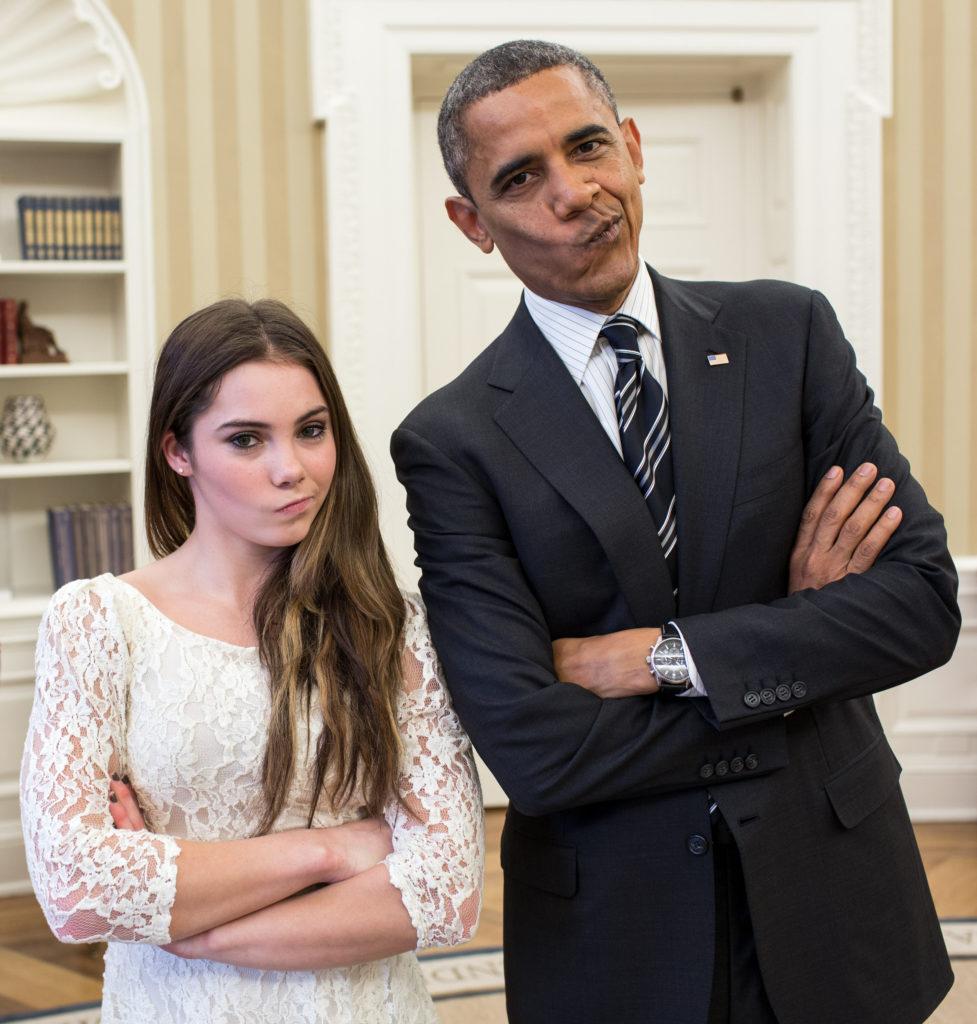This post will take a short look at one aspect of how to be polite in English.
How to be polite in English – introduction
The English are a strange group of people (I’m a Brit, so I’m allowed to say that). There are numerous ‘society rules‘ that most Brits instinctively understand, that can be a minefield for unwary foreigners. A lot of these involve adhering to accepted behaviour, both in words and actions.
This in itself is a massive subject, so I’d like to concentrate on one aspect here, namely the concept of politeness being defined in terms of indirectness.
You need some butter?
A Brit would never simply ask someone to pass the butter – that is far too direct and impolite. The mere thought is horrifying.
They would say something like (with a tip of the hat to John Cleese for the basis of this):
“Sorry, I wonder if I could be so very bold as to suggest that you might be so good as to consider the possibility that you might in due course possibly see your way clear to being so very good as to maybe passing me the butter please”.
Start with an apology for disturbing them and then give a huge indirect, roundabout way of essentially asking for the same thing. That is the polite way to do it.
As you can see, learning how to be polite in English can be quite time-consuming 🙂
Germans are not rude
I will take Germany as an example here, only because it is a country that I know well.
There is a common misconception for English speakers that Germans are rude. Based on my own personal experience I cannot agree with this. Let’s look at reasons why people might think this.
Firstly, the German language can sound quite harsh to an English ear. My kids were brought up bilingually; I spoke English, their mother spoke German to them. One time, when we were visiting my Mum, I remember her asking why one of the kids was given such a hard time at breakfast. He was only asked (by his mum in German) if he wanted jam or honey on his bread, but to my Mum it sounded as if he was being scolded, purely based on the language melody.

Secondly, the German language makes liberal use of the direct, imperative form. This is not rude or commanding, but just the way the language has evolved. To give a comparison, when Germans speak English and simply replace the words, a typical result would be something like “Give me the butter”, which comes across badly. We have already seen how to ask ‘properly’ …
Serious Implications
While the example with the butter is exaggerated and might cause us to laugh a little, there are actually serious implications for people doing international business. Misunderstandings can happen if you don’t understand your partner’s culture.
The German will inform someone that “The report must be finished by Friday” and the English guy will be taken aback at the demanding and impolite nature of the request. Conversely, the Brit will politely write that “I would appreciate it if the report could be finished by Friday”. The German recipient who doesn’t understand the phrasing will see the request as non-urgent and do it the week after.
Their business relationship will suffer unnecessarily. Knowledge of culture can prevent similar misunderstandings and ensure a smoother (and probably more profitable) venture.
How to be polite in English – summary
For Brits, directness sounds rude and a liberal use of indirectness in one way of how to be polite in English.
Have you ever had problems caused by this? Please let us know in the comments below.



